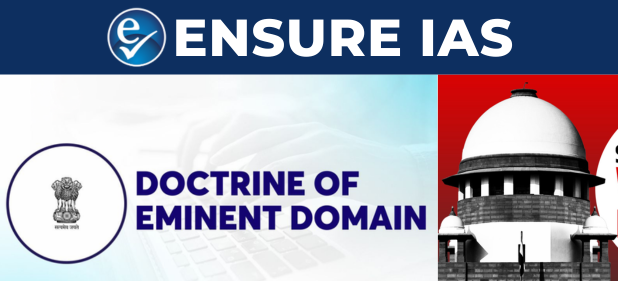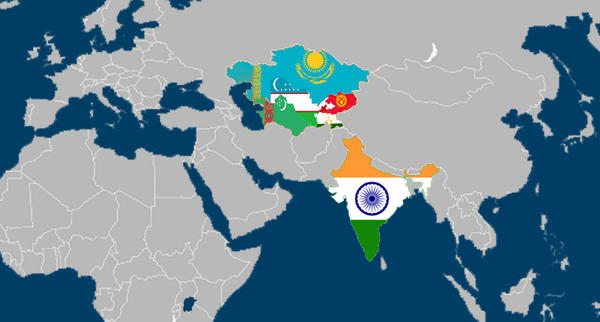- Courses
- GS Full Course 1 Year
- GS Full Course 2 Year
- GS Full Course 3 Year
- GS Full Course Till Selection
- MEP (Mains Enrichment Programme) Data, Facts
- Essay Target – 150+ Marks
- Online Program
- GS Recorded Course
- NCERT- First Ladder
- Polity
- Geography
- Economy
- Ancient, Medieval and Art & Culture AMAC
- Modern India, Post Independence & World History
- Environment
- Governance
- Science & Technology
- International Relations and Internal Security
- Disaster Management
- Ethics
- Current Affairs
- Indian Society and Social Issue
- CSAT
- 5 LAYERED ARJUNA Mentorship
- Public Administration Optional
- ABOUT US
- OUR TOPPERS
- TEST SERIES
- FREE STUDY MATERIAL
- VIDEOS
- CONTACT US
Doctrine of Eminent Domain: Supreme Court Ruling in DAMB v. Bhagwan Devi (2025)
Doctrine of Eminent Domain: Supreme Court Ruling in DAMB v. Bhagwan Devi (2025)
31-03-2025

The Supreme Court of India, in its ruling on DAMB v. Bhagwan Devi (2025), reaffirmed that land acquired for public use under the doctrine of eminent domain cannot be reclaimed through third-party claims or private agreements.
Understanding Eminent Domain
- Definition: The doctrine of eminent domain allows the government to acquire private property for public use, provided just compensation is given to the owner.
- Legal Framework: The Land Acquisition Act, 1894 initially governed such acquisitions, but it was replaced by the Right to Fair Compensation and Transparency in Land Acquisition, Rehabilitation, and Resettlement Act, 2013 (RFCTLARR Act, 2013), ensuring fair compensation and rehabilitation for affected individuals.
Case Background: DAMB v. Bhagwan Devi (2025)
- 1963: The Delhi Agricultural Marketing Board (DAMB) acquired land to establish a grain market under the Land Acquisition Act, 1894.
- 1986: Compensation was awarded to Bhagwan Devi for her acquired land.
- Later, she attempted to reclaim part of the land through a private agreement with DAMB.
- 2025 Supreme Court Verdict:
- The private agreement was deemed invalid, as acquired land for public use cannot be reallocated based on individual claims.
- The court emphasized that once land is lawfully acquired under eminent domain, it cannot be returned through unauthorized settlements.
|
Also Read |
|
| FREE NIOS Books | |




